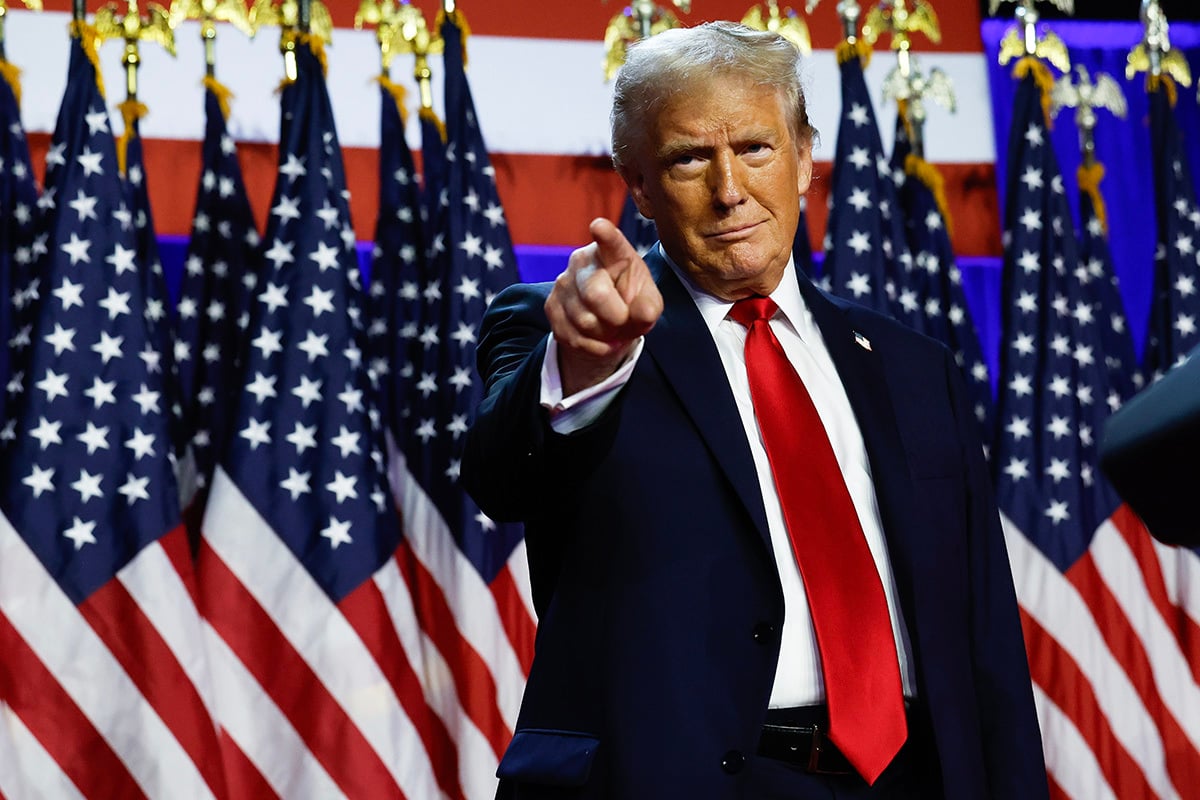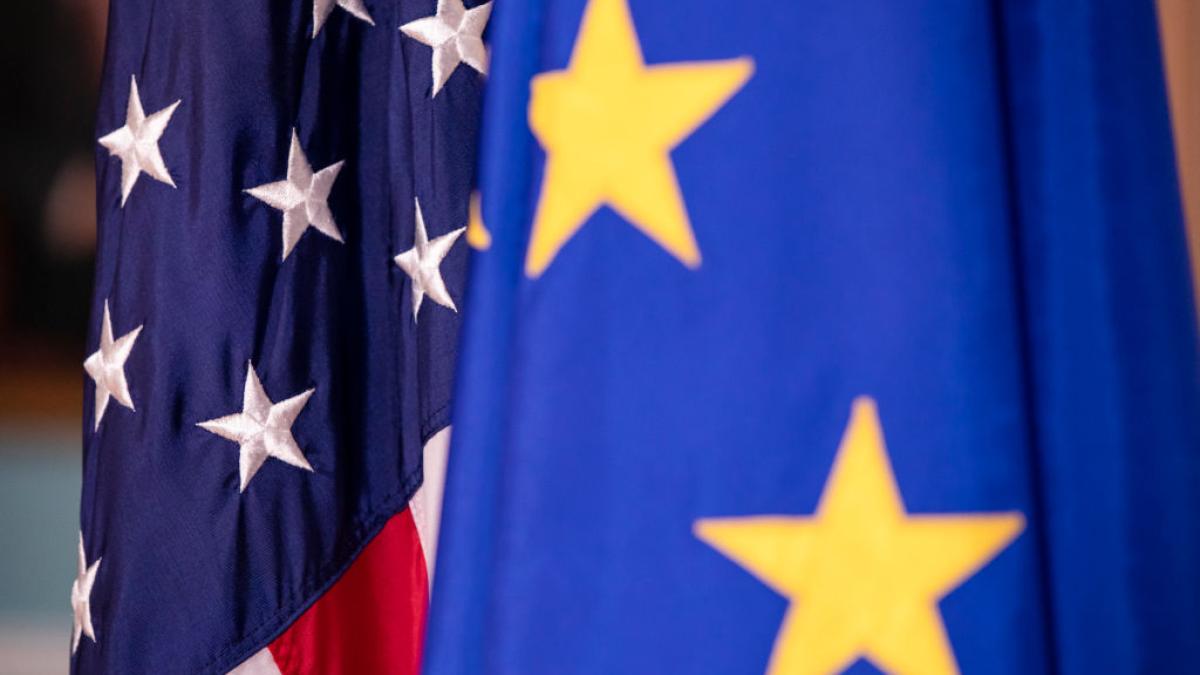
These are certainly interesting times we live in. Across the globe, we see a complex tapestry of challenges unfolding, from the return of the Russian threat in Europe to a brutal war in the Middle East, the rise of populism and perhaps even the constant distraction of our phones.
Amidst this global maelstrom, one prospect stands out as a source of particular apprehension for policymakers across Europe: the potential return of Donald Trump to the US presidency. As of May 2024, the possibility remains quite real, with Mr. Trump leading in national polls and holding advantages in several key swing states.
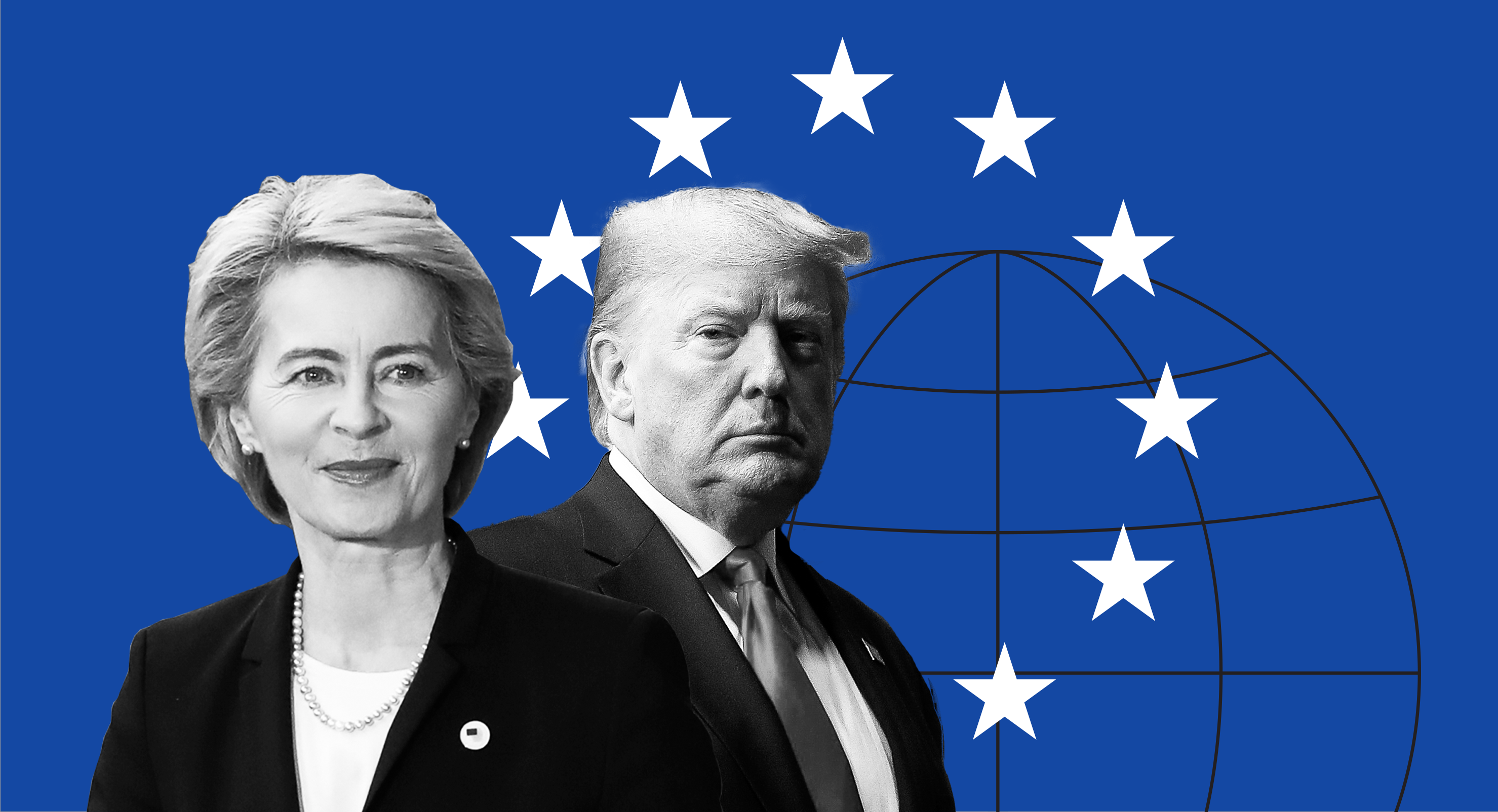
For Europeans, the memories of Mr. Trump’s first term are still fresh, marked by tariffs, a noticeable antagonism towards the European Union and Germany, and significant withdrawals from international agreements like the Paris climate accord and the Iran nuclear deal. There’s also the lingering memory of his often unconventional demeanor at international gatherings and his repeated questioning of the foundational principles of NATO.
Beyond these past experiences, the most pressing concerns for Europeans revolve around the security implications of a second Trump administration. His renewed questioning of NATO’s mutual defense clause, coupled with his startling suggestion that Russia could attack “delinquent” members and his bold claim of resolving the war in Ukraine within 24 hours, gain particular resonance against the backdrop of ongoing Russian aggression.
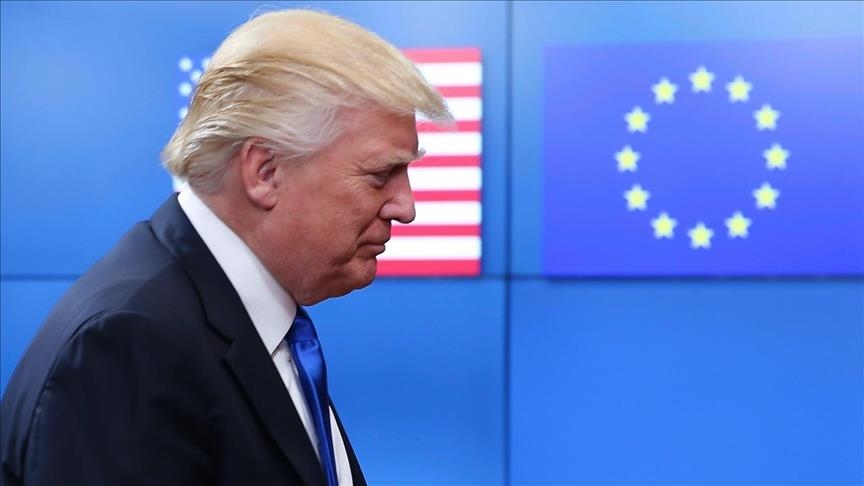
The stark reality is that Europe’s nations currently lack the independent capacity to defend themselves effectively without relying on NATO and, crucially, the assistance of the United States. This dependence highlights the unprecedented uncertainty surrounding the future strength of the US commitment to European security.
However, the potential implications of a Trump return for Europe extend far beyond the immediate issues of Ukraine and continental security. European policymakers could face challenges across a wide spectrum of issues, trade dynamics, climate policy, and the complexities of the Middle East.

Adding another layer to this potential landscape is the possibility of an international coalition forming, potentially serving as a framework for populist movements within Europe to forge special connections with a Trump-led Washington. Such a development could potentially embolden the populist right in Europe, leading to increased obstruction of common EU policies and initiatives. There might even be efforts to seek US backing for far-right parties in upcoming national elections, such as those slated for Germany and Poland in 2025.
While the American electorate certainly retains the option of re-electing President Joe Biden, it seems only prudent for Europeans to engage in serious contemplation about the potential outcomes if they do not. To assist in this critical exercise, a framework has been developed outlining six imagined foreign policy scenarios that could realistically unfold within the initial year or so of a second Trump term.

These scenarios are not pulled from thin air; they are built upon a solid foundation derived from Mr. Trump’s own public statements and those of his campaign. They also incorporate insights gleaned from numerous private conversations and workshops conducted with Republican thinkers, alongside policy ideas emanating from various Republican think-tanks.
Adding a somewhat futuristic touch, these scenarios were even envisioned with the assistance of AI-enhanced illustrations – a signpost, perhaps, of the analytical tools now available to help us grapple with complex potential futures.
Understanding the broader ecosystem of Republican thought is crucial for anticipating the foreign policy direction of a new Trump administration. While Mr. Trump undeniably controls the Republican party, shaping its politics, driving its narrative, and defining the boundaries of acceptable opinion, he remains notably inconsistent and, at times, even incoherent on numerous foreign policy specifics – perhaps akin to certain AI outputs in their variability.
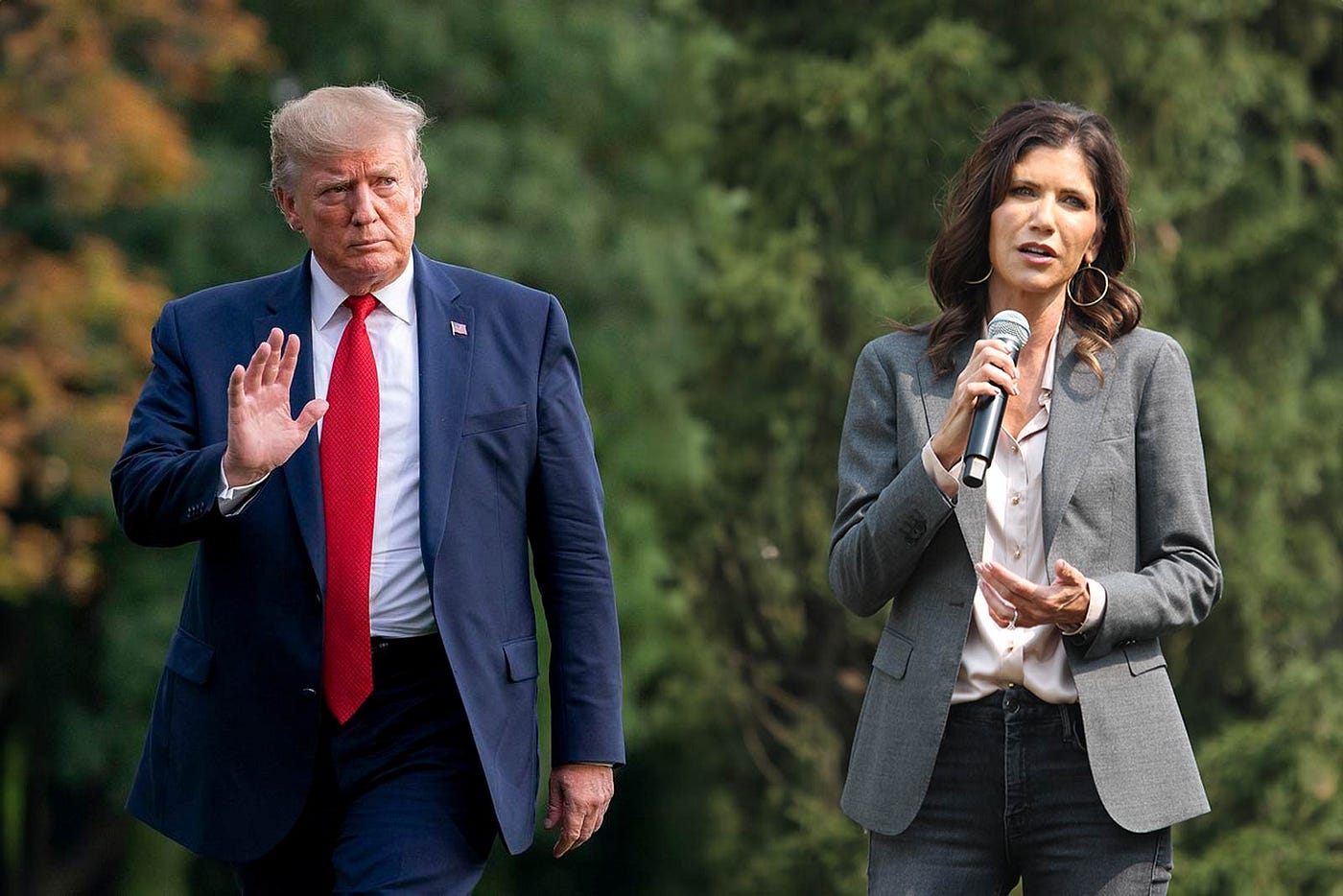
Within the broad parameters set by Mr. Trump, personnel appointments will be incredibly influential; indeed, personnel will largely *be* policy. The individuals appointed to key positions will have a tremendous impact on the administration’s foreign policy execution. However, predicting precisely who these individuals will be is a notoriously difficult exercise, perhaps even for Mr. Trump himself.
Consequently, gaining an understanding of the broader currents within Republican thought offers a more useful lens for predicting foreign policy outcomes than engaging in the traditional political parlor game of guessing potential cabinet secretaries. Currently, three main Republican foreign policy camps, often referred to as “tribes,” are vying for influence.
There are the “primacists,” who represent the dominant segment within the Congressional caucus and the Washington establishment. They advocate for continued US global leadership and maintaining a significant US military presence around the world. Then there are the “restrainers,” who propose a radical reduction in the US security role abroad and arguably enjoy the support of the Republican base.
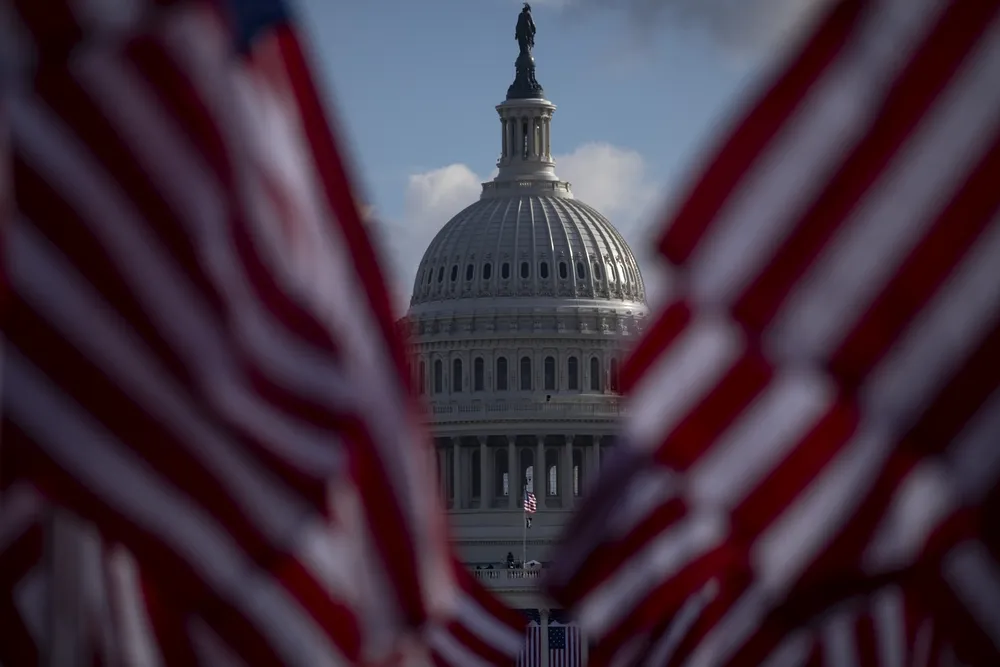
The third group, the “prioritisers,” have less support among voters but exert an increasingly significant influence in foreign policy circles. Their core focus is on shifting US foreign policy and military resources tightly towards Asia.
Mr. Trump himself has navigated erratically between all three of these camps since he first began his presidential campaigns nearly a decade ago. During his 2024 campaign, he publicly distanced himself from the primacist camp, often labeling them as “globalists” and “warmongers.”
Nevertheless, it is expected that all three of these camps will exert influence within a potential second administration, and they are likely to remain in ongoing ideological competition with one another. They are all actively engaged in an effort to craft a coherent foreign policy narrative that aligns with Mr. Trump’s instincts and interests – a dynamic often described as a “battle for Trump’s mind.” These groups are also actively seeking to install, or be, the political appointees who will ultimately shape the foreign policy agenda of a second term.
The six envisioned scenarios are crafted to reflect an understanding of the shifting balance of power between these three influential tribes on specific issues, while also incorporating Mr. Trump’s occasionally consistent positions. They are presented not as certain predictions, but rather as eminently plausible possibilities, solely designed to stimulate critical thought and preparation.

